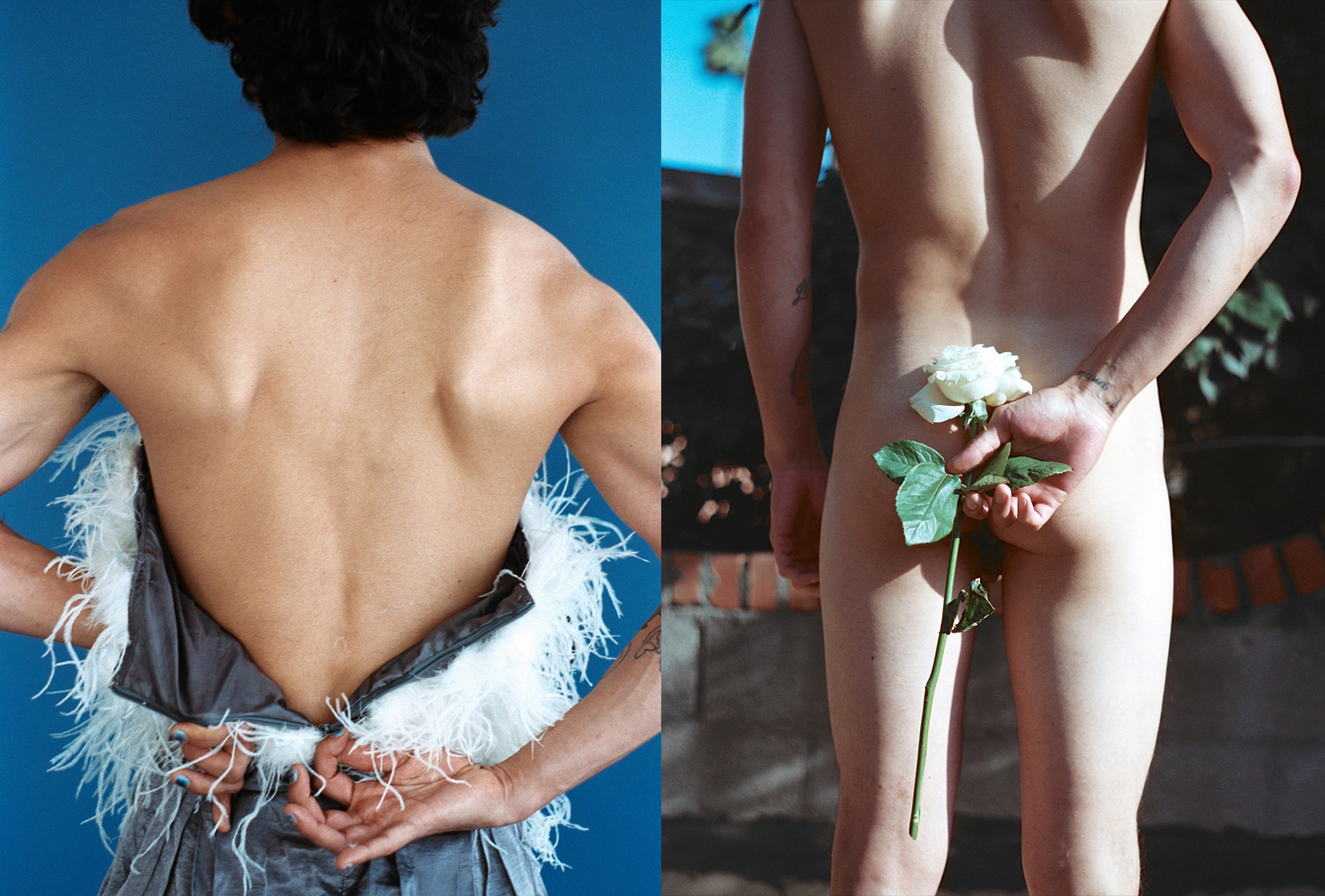Rafael Martinez has been documenting his friends in Tijuana for years, training his eye to find the beauty in his home town. This year, the photographer decided to make a radical change and move to New York. Before leaving he shot this portfolio capturing the queer creative scene he grew from. “I already knew half of the people, they’re my friends, and the rest I found through Facebook,” he says of the project. “I rely on them to give me context as to how they wanted to be portrayed, and what being queer means to them.”
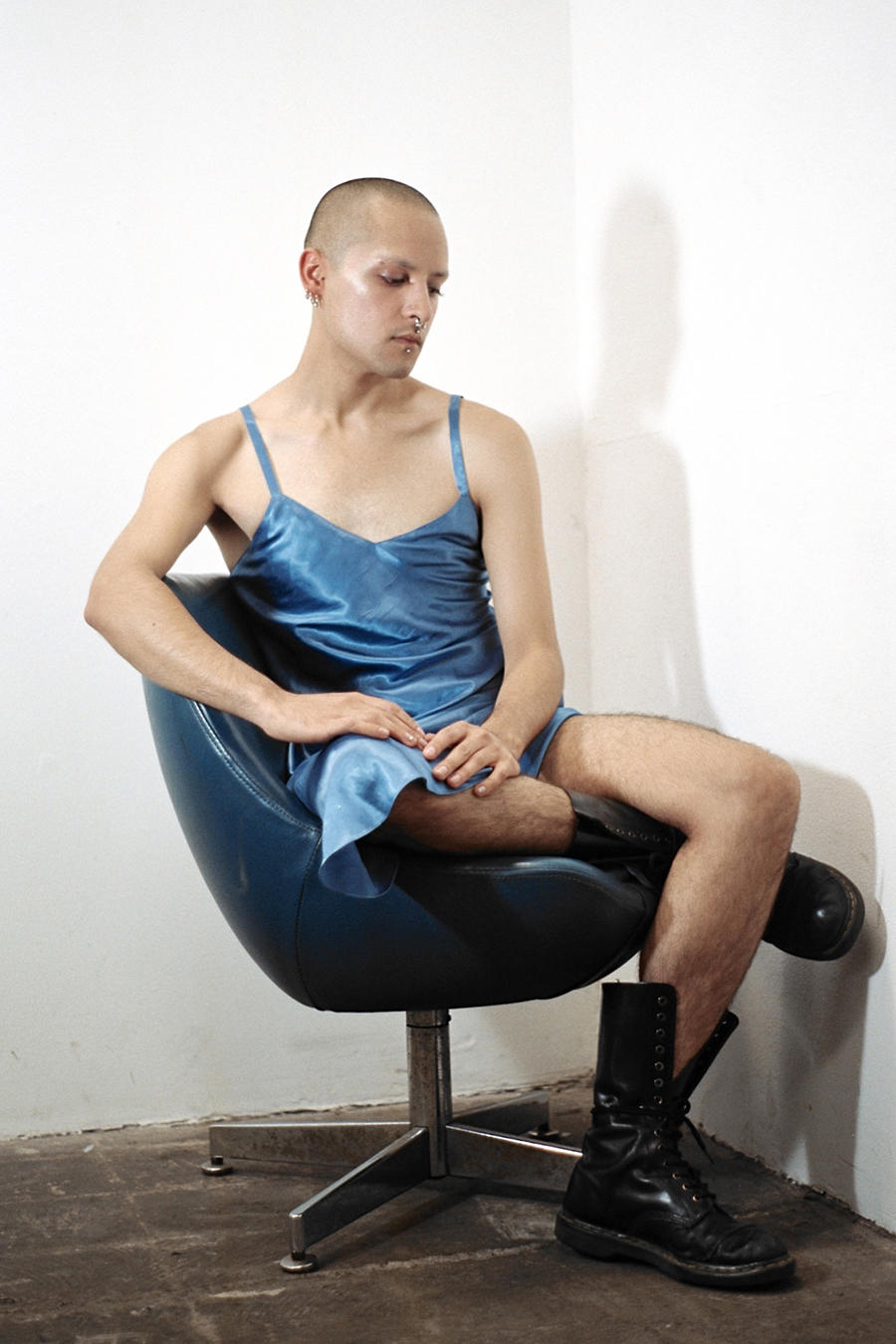
Most surprising for Martinez was the trust these people put in him to show who they really are, something almost unheard of in conservative Mexican culture.
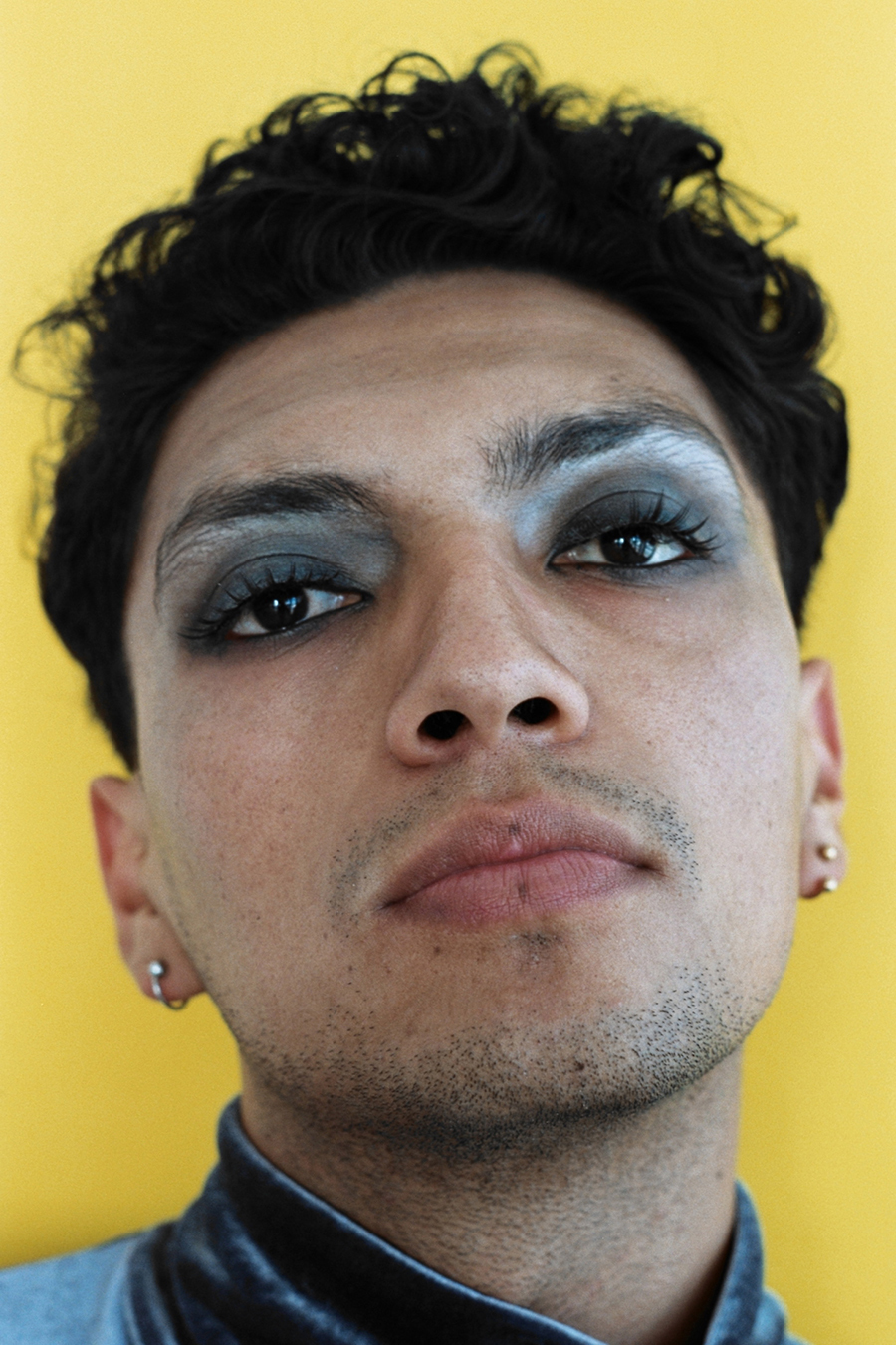
Isaías, 25, @isaias_existe
“I had fun doing them because everyone’s story was very different. My friend René learned to put on makeup through YouTube tutorials, and purchases his products in Dax, a cheap store in Tijuana. Another girl, Paco, told me that she started shaving her head when she was 14 years old and that was a shock for her father because she did not look feminine.”
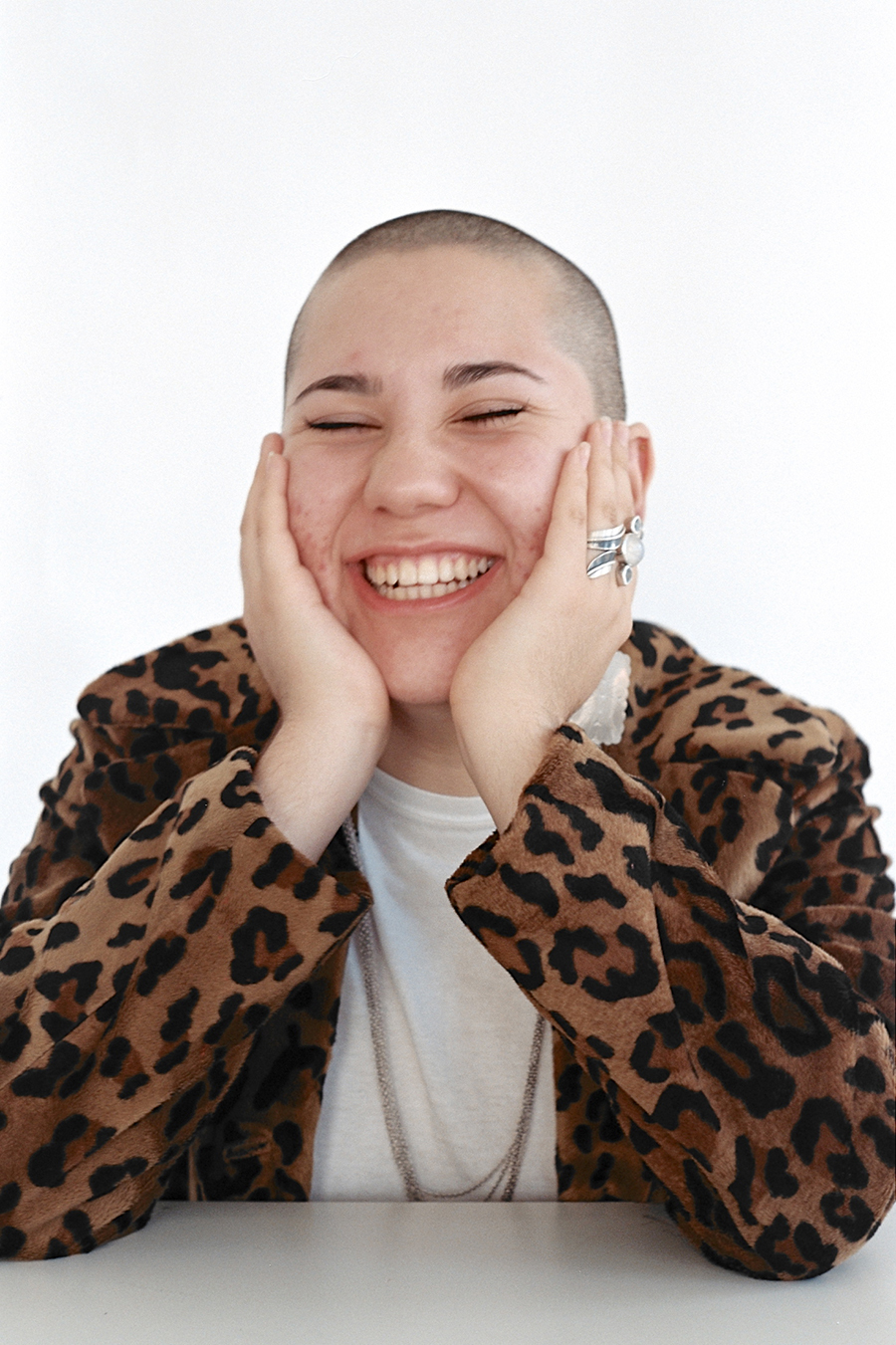
“I contacted Zaid on Facebook, after I saw him at a party having a great time, dancing. He has long blonde hair and looks super feminine. He told me that he did not care what gender people refer to him as, nor if they shout at him on the street because of how he looked — when he goes out he just wants to have fun.”
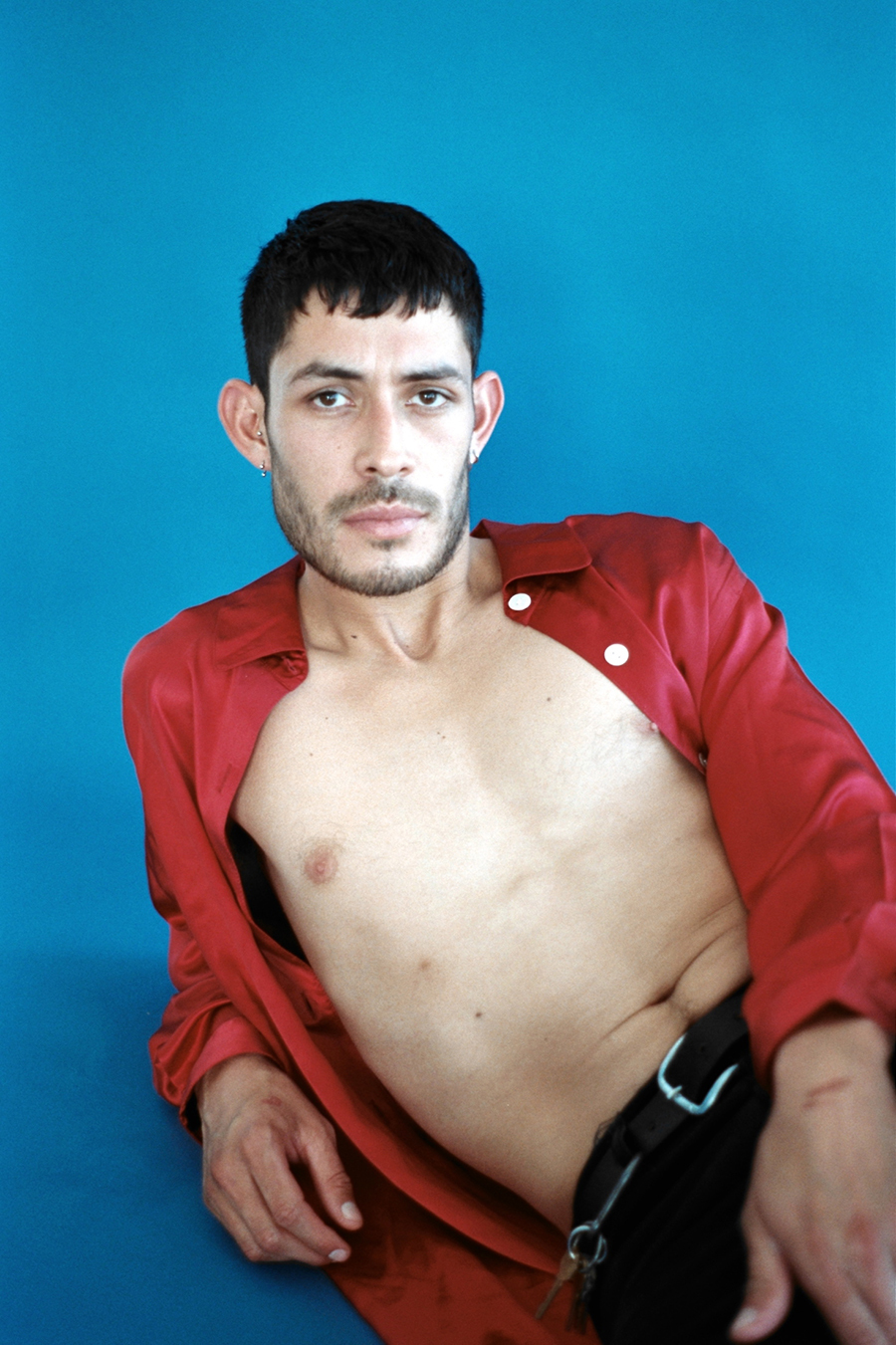
“Isaí is a ballet dancer, he is very feminine, and told me that a lot of people made fun of him — including his friends — for the way he conducts himself, and for studying ballet, but that he did not care and he decided to do it anyway.”
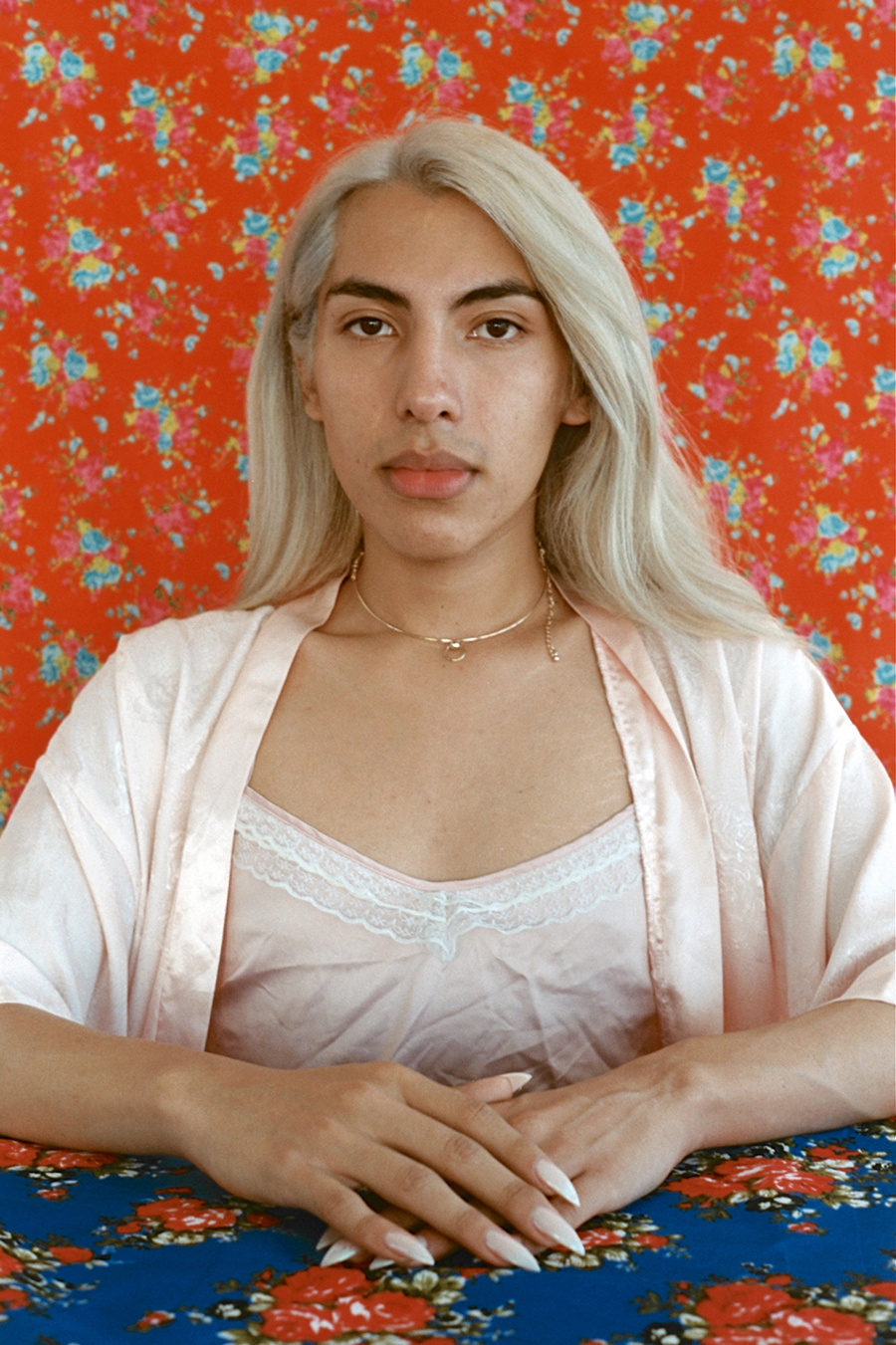
Despite this kind of abuse, sadly all too commonplace, the creative community in Tijuana endures.
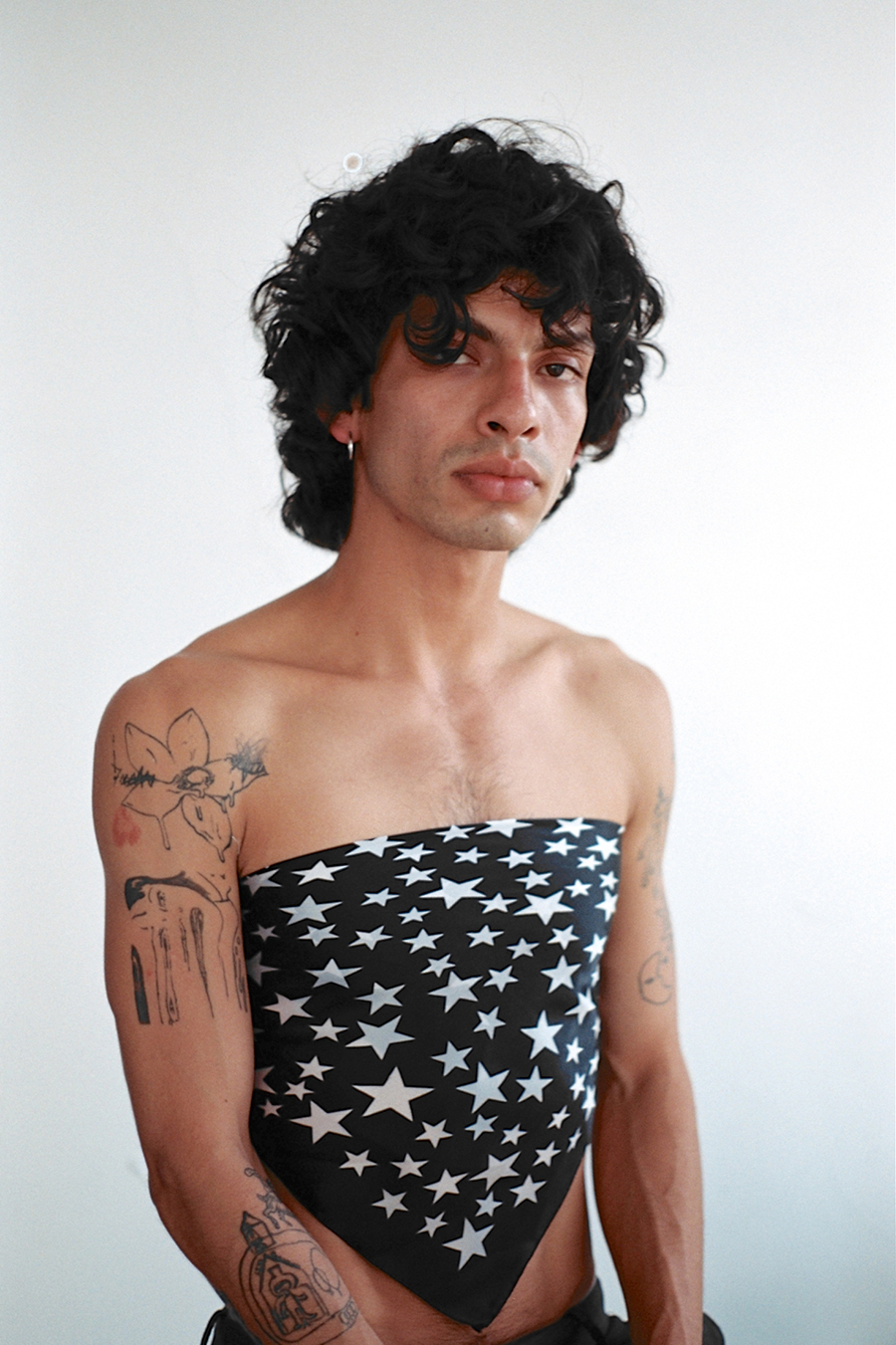
Isai García, 25, @isaigarr
“I think that at this moment social media is helping a lot, the fact that we can see elsewhere that there’s nothing wrong with being yourself. Seeing images where we see ourselves represented helps a lot. It allows you to think, ‘If that person does not care, why should I care’ [what people say].”
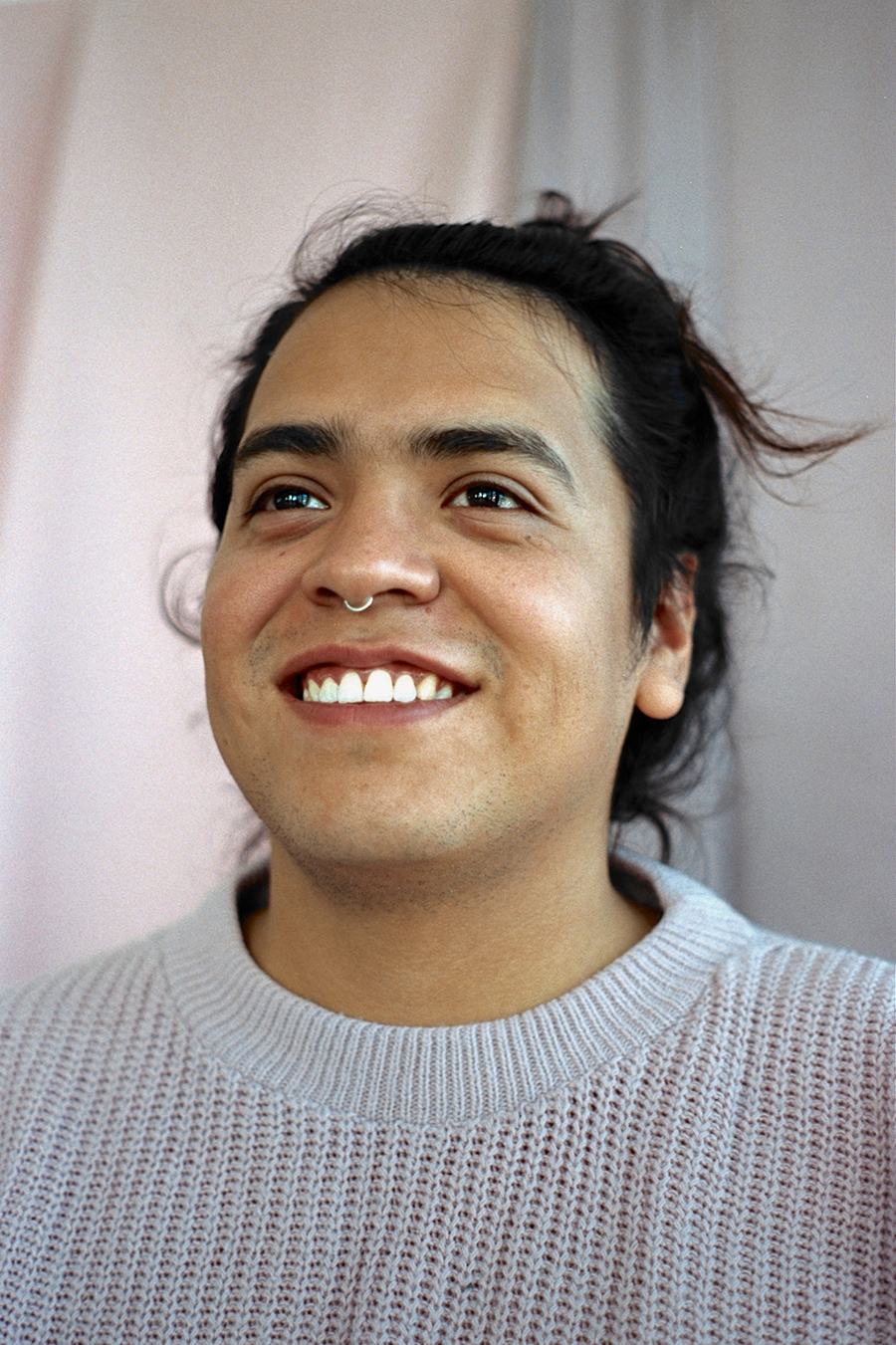
“I really like that I can communicate with a younger generation than mine, and talk about these issues. Everything is different from a few years ago in Tijuana, and a lot has to do with the circles of friends there. You realize that it’s not worth keeping a friendship doesn’t support you. Even if it sounds corny, I’d rather be like, ‘I am like this, I don’t care what other people say, even if they shout things at me in the street five times a day.'”
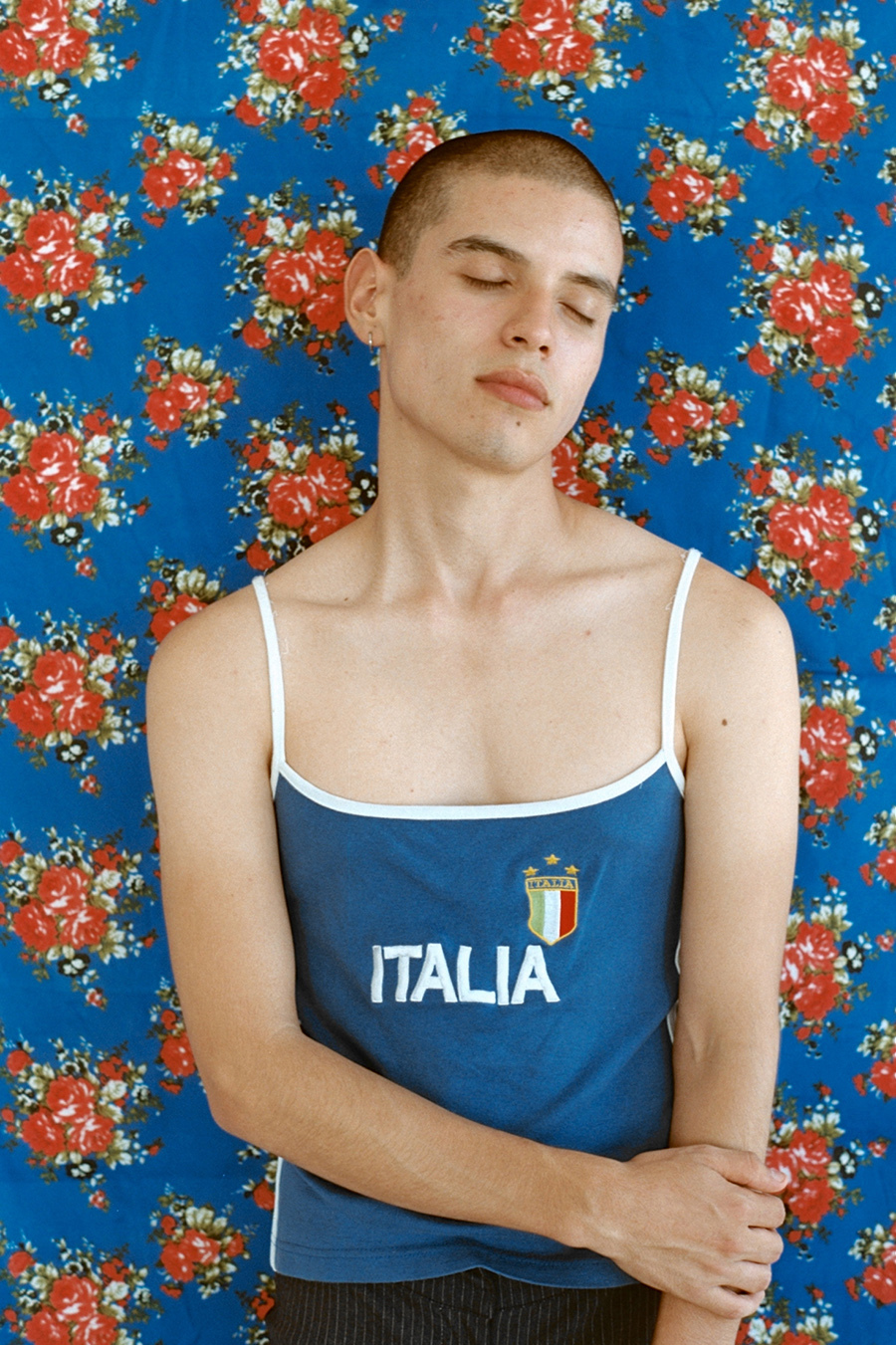
Adrián Fernández, 20, @aukaluis

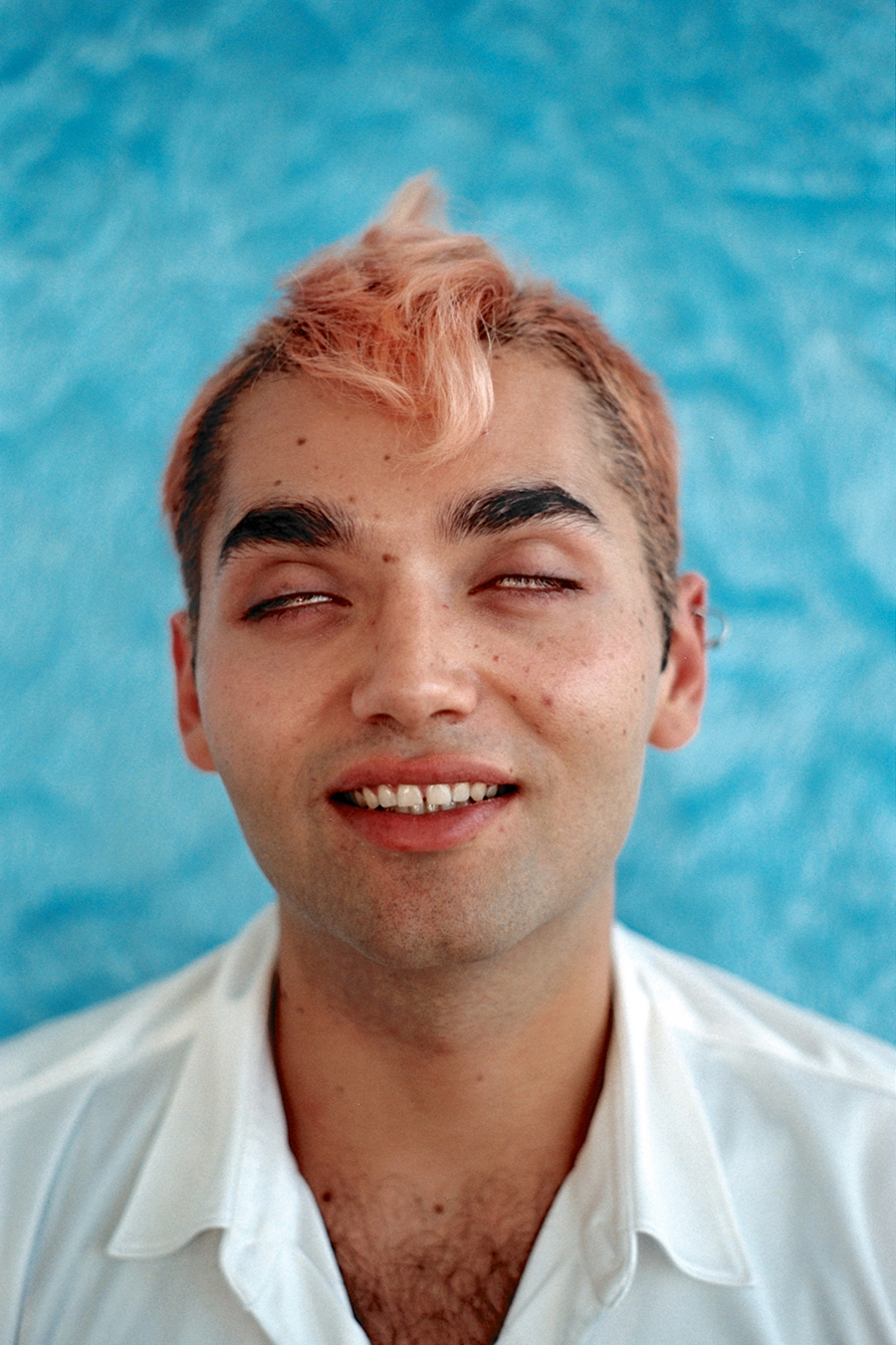
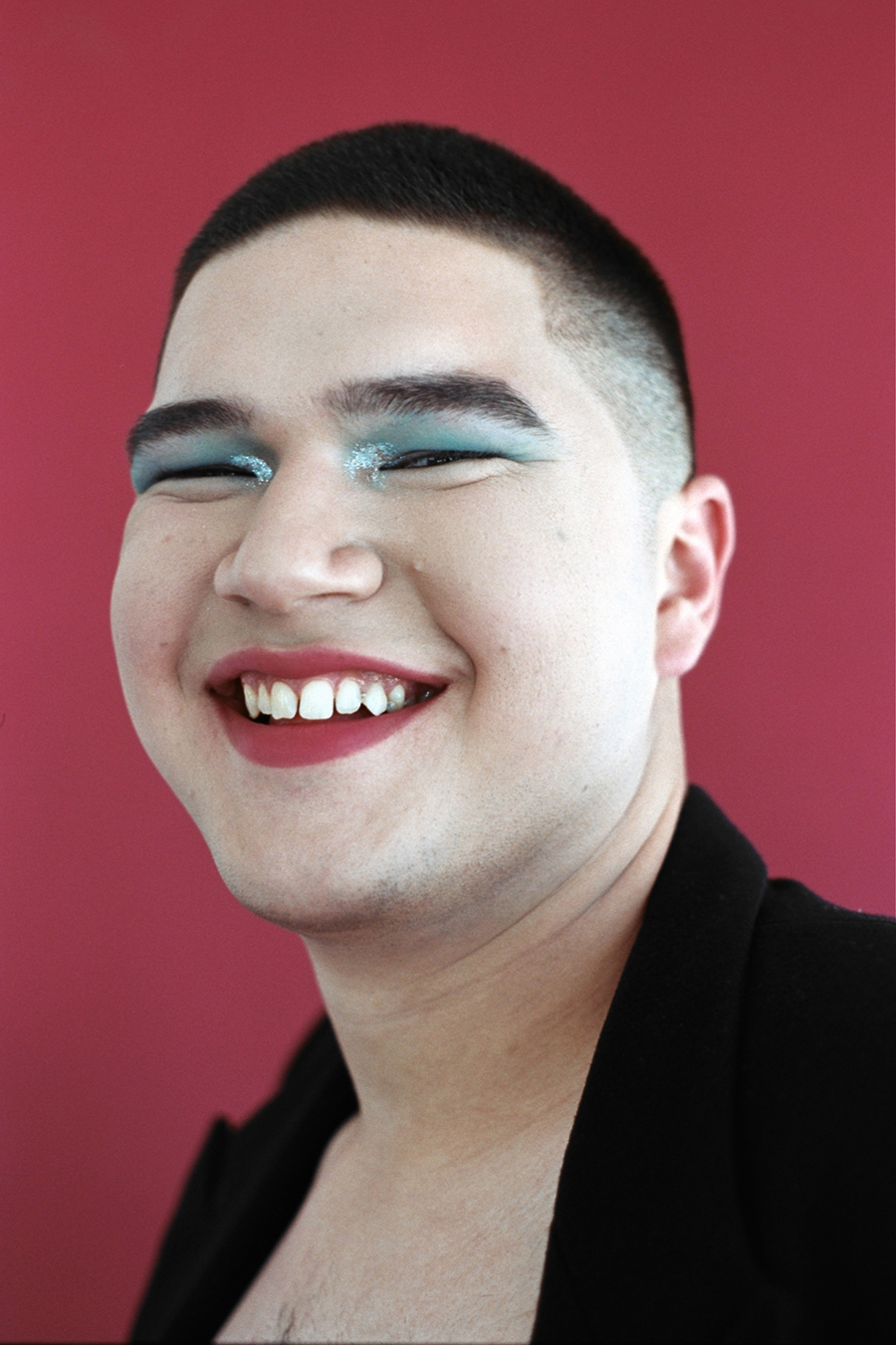
Credits
Photography Rafael Martínez
This article originally appeared on i-D MX.
